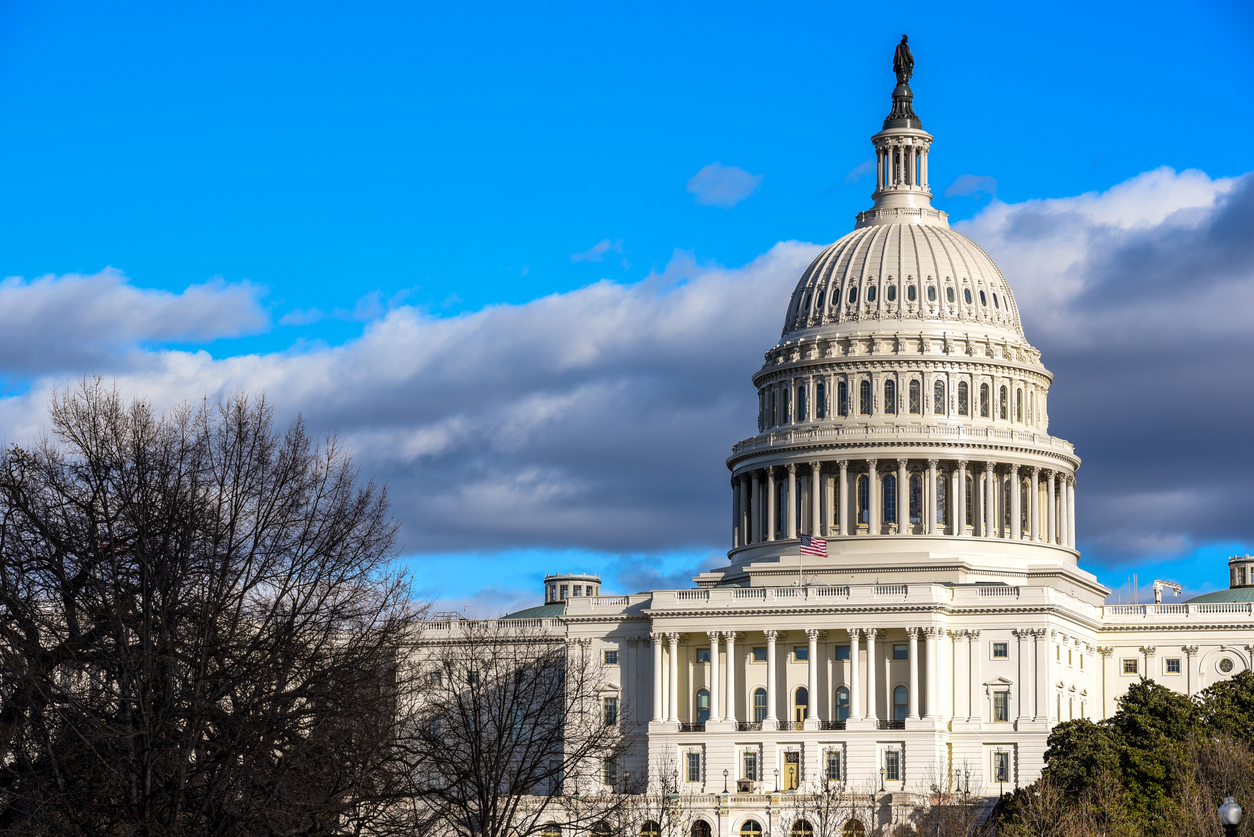Week In Review: How Trump's Policies Moved Stocks - May 26, 2019

Shoe retailers urge Trump to halt raising tariffs as White House considers blacklisting Chinese video surveillance companies
Catch up on the top industries and stocks that were impacted, or were predicted to be impacted, by the comments, actions and policies of President Donald Trump and his administration with this weekly recap compiled by The Fly:
1. U.S.-CHINA TRADE TALKS:China ambassador to the U.S., Cui Tiankai, has indicated that Beijing "remains ready to continue talks with our American colleagues to reach a conclusion," Reuters' David Lawder and Makini Brice reported. Cui, however, also added that, “the U.S. side more than once changed its mind overnight and broke the tentative deal already reached."
2. CHINESE COMPANIES BLACKLISTED: According to media reports, several U.S. companies, including Google (GOOGL) and Microsoft (MSFT), have suspended business with Huawei after Trump's administration placed the latter on a blacklist. Meanwhile, Bloomberg's Jenny Leonard and Nick Wadhams reported earlier this week that the U.S. is considering blacklisting as many as five Chinese video surveillance companies, such as HIKvision and Dahua Technology, from buying U.S. technology. Morgan Stanley analyst Joseph Moore estimated that Ambarella's (AMBA) total revenue exposure from sale of video processing chips to HIKvision is likely in the high teens percentage of sales. ON semiconductor (ON) has "small" exposure to HIKvision, with low single digit percentage of sales within its industrial segment, according to Moore.
3. TARIFFS ON FOOTWEAR: Over 170 shoe retailers - including Nike (NKE), Adidas (ADDYY), Under Armour (UAA, UA) and Foot Locker (FL) - have sent a letter to the White House urging Donald Trump to consider a halt in raising tariffs on footwear imported from China, CNBC's Lauren Thomas reported earlier this week. The retailers called on Trump to "immediately remove footwear" from being considered for additional taxation in the letter, saying that, "While U.S. tariffs on all consumer goods average just 1.9%, they average 11.3% for footwear and reach rates as high as 67.5%. Adding a 25% tax increase on top of these tariffs would mean some working American families could pay a nearly 100% duty on their shoes. This is unfathomable."
4. INFRASTRUCTURE: Infrastructure stocks, including Vulcan Materials (VMC), Fluor Corporation (FLR) Aecom (ACM), as well as steel stocks including U.S. Steel (X), AK Steel (AKS) and Nucor (NUE), were under pressure on Wednesday after President Trump told Democratic leaders that passing his replacement for the North American Free Trade Agreement should come before talks on infrastructure. President Trump abruptly left a meeting with House Speaker Nancy Pelosi and Senate Minority Leader Chuck Schumer at the White House, telling reporters that he would not discuss any legislation, including infrastructure, with Democrats as long as he was under investigation by several committees, CNBC's Christina Wilkie reported. The meeting between the president and Democratic lawmakers was meant to be a second official sit-down specifically focused on infrastructure, Wilkie noted.
5. U.S.-JAPAN TRADE TALKS: The U.S. and Japan got off to a rocky start in working-level trade talks as Washington pushed back against Tokyo's call to eliminate tariffs on cars and auto parts, Nikkei Asian Review’s Takashi Tsuji reported. U.S. auto tariffs will be the major sticking point going forward, with Japan demanding the removal of such duties in line with the original TPP, the author pointed out. Publicly traded companies in the space include Daimler AG (DDAIF), Fiat Chrysler (FCAU), Ford (F), General Motors (GM), Honda (HMC), Nissan (NSANY), Toyota (TM) and Volkswagen (VWAGY).
Disclosure: None




Sadly with no deals being made for 3 years and taxes going up on consumers with tariffs this is getting very old for everyone. Sure it wins some points for those who think this is the US fighting foreign countries, however, in reality it's just US consumers and farmers getting hurt. Te Chinese trade deficit hasn't gone down in any meaningful way and the US deficit is ballooning. We need to take care of our finances at home rather than blaming our partners and taxing our people because Congress gave up its power over tariffs. For one thing, Congress needs to reign in the President's ability to tax via tariffs.